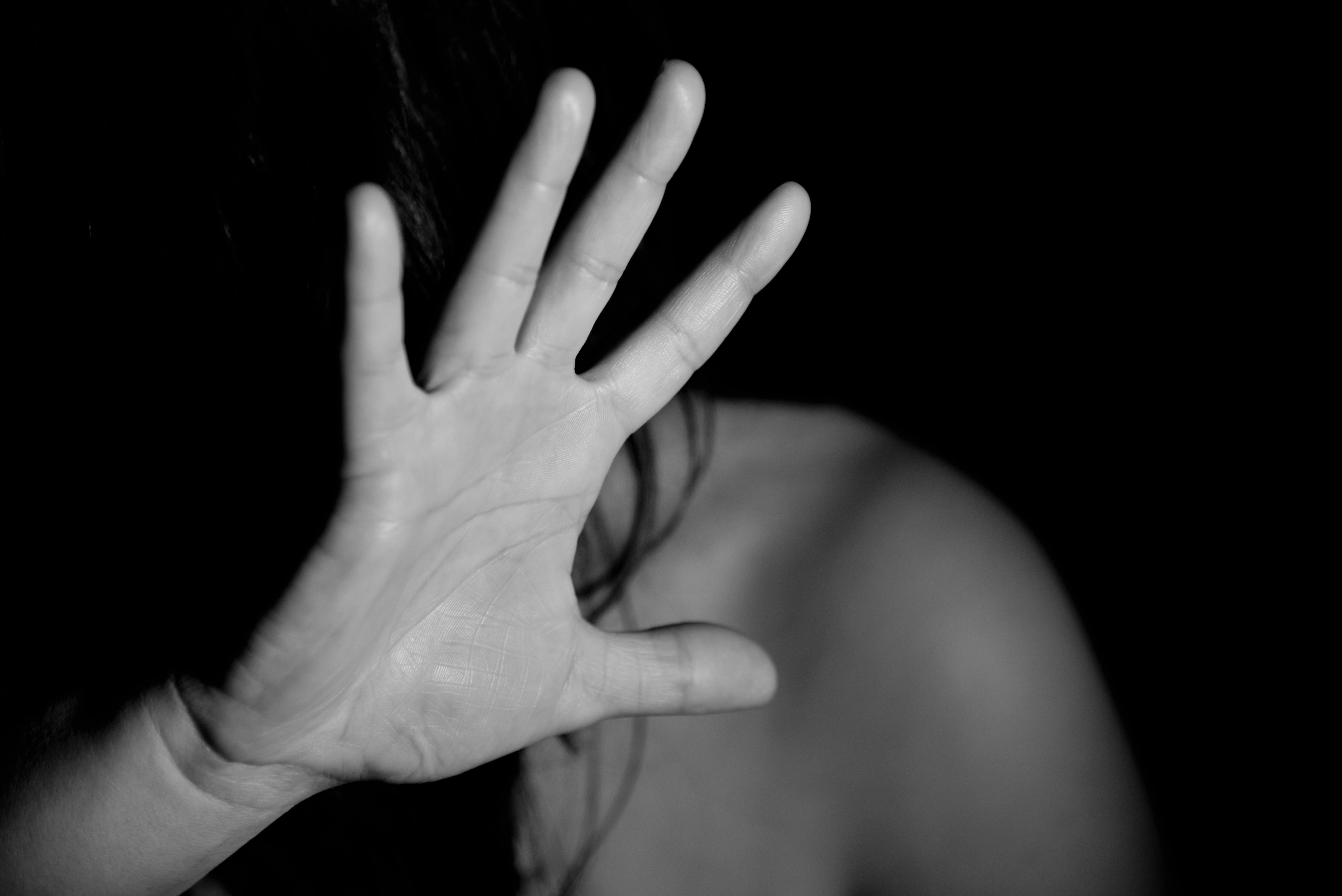Genital mutilation is an uncomfortable topic of conversation for most people. However, there are Australian women and girls affected by this rarely-discussed cultural practice.
With the increase in migration from cultures where the practice occurs, female genital mutilation (FGM), also known as female circumcision, or female genital cutting (FGC) has become a serious health and child abuse issue in Australia.
The organisation No FGM Australia, estimates that there are 200,000 women living in Australia who have had a genital cutting procedure before migrating. And because the practice is handed down from mother to daughter, the daughters of these women may have already undergone the procedure, or are at a high risk after migration.
In the Reproductive Rights Education Program (FARREP) run out of the Royal Women’s Hospital, it is coordinator Nigisti Mulholland’s job to make it easier for women who have undergone FGM to get information and important healthcare.
“It is important that women seek health support, especially ahead of having a child so they can receive medical interventions to prevent complications during pregnancy and delivery,” she told upstart.
The FGM procedure varies between cultural groups, but generally includes the total or partial removal of the clitoris, the labia minora or narrowing of the virginal orifice for non-medical reasons.
It is usually performed by female elders, and procedures can be conducted using special knives, scissors, scalpels, pieces of glass or razor blades and generally done without anaesthetic.
The long-term physical and mental health problems caused by FGM can include urination difficulties, menstrual problems, complications during pregnancy and delivery, excessive scarring, sexual problems and post-traumatic stress disorder.
Surgeon Carly Sands say it is vital that staff are aware that women coming in to give birth have undergone the practice so they are aware of potential issues.
“If it’s something that we’re not aware of, the complications are significant tearing and bleeding,” Dr Sands told upstart.
At No FGM Australia, Paula Ferrari provides resources to medical professionals, teachers, community groups, and social workers so they can identify girls at risk and educate their parents.
“Big red flags, of course, is if the child is going on holiday, someone might talk about a special ceremony, like they are going to be a woman soon,” Ferrari told upstart.
In Australia, it is illegal to perform FGM or to take a girl overseas to have it done, but prosecutions are rare, and in some cases, light sentences given.
To stop FGM Ferrari believes the legal system needs to be used as a deterrent.
“You can’t just rely on education and peoples’ goodwill to change and stop a 2000-year-old practice. If they really believe that the family is going to be cursed forever if they don’t carry out these acts, then that’s a pretty hard thing for us to say ‘no no no sorry you should just not do that’. You need the law,” Ferrari said.
FGM is practised in 29 African countries as well as some in the Middle East and Asia. In most countries, it is only performed in certain cultural groups, but in countries like Somalia, Egypt and Guinea, UNICEF data reports that over 90 per cent of women have been cut.
Ferrari warns about assuming a woman has been cut because of her country of origin and the potential for prejudice.
She says that “not all people in those countries will practice FGM, so you can’t go by race, ethnicity or religion because it crosses all boundaries in terms of cultural practice.
There are some people in Australia who are racist and want an excuse and we have to be careful about raising that … You condemn the practice, but not the people.”
For women from countries where it is prevalent, FGM is an important part of their culture and despite the pain experienced as children, activists like Ferrari find it difficult to convince them it is bad.
“It is considered female empowerment and those women are really enthused about holding on to it when they’re older,” she said.
Sands has also encountered this while treating women who have just given birth.
“Interestingly, some women then request to be repaired back to the way that they were, because that’s how they know their own body,” she told upstart.
FGM is such a sensitive issue that is often ignored as a private cultural practice done by well-meaning parents who do not see it as child abuse. For these organisations supporting women who have, ending FGM in Australia is possible, but a difficult conversations need to be had first.
If you or a girl you know is at risk of FGM you can contact the FGM Hotline on 1800 522 707, Child Protection or Victoria Police. If you would like to seek treatment for issues related to FGM, contact FARREP on (03) 8345 3058 or speak to your GP.
Becky Steepe is a second year Bachelor of Media and Communications (Media Industries) student at La Trobe University. You can follow her on Twitter @BeckySteepe
Photo: “Grayscale Photography of Person Covering Face” available here.







